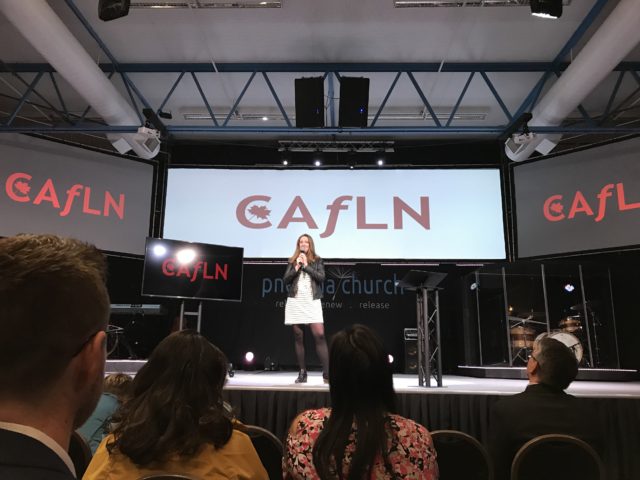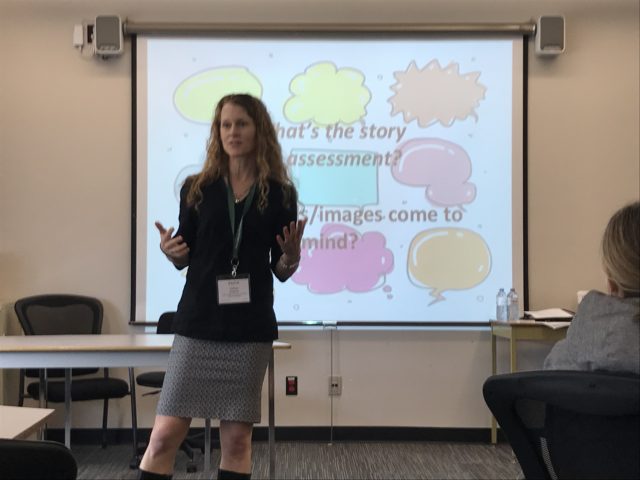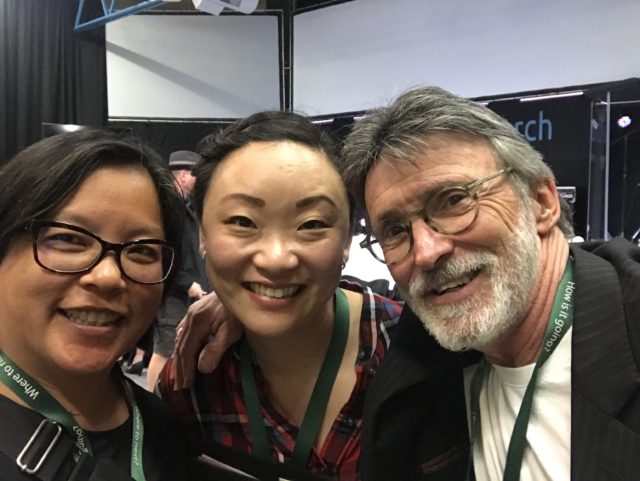Four of Six: Exploratory

It’s August 1st and I’m heading back to Prince George from the Sunshine Coast in a few weeks. Where has the time gone? Here is Four of Six: Exploratory… the next segment of my mini-blog series about my professional learning experiences in 2018/19… challenged by @RosePillay1 and supported by @JanetChowMSc from the June 30, 2019 #bcedchat. I will admit, I am going to cheat today with TWO BLOGS AT ONCE. What I mean by that is, I am committed to writing to this mini-blog series, but I am also committed to writing a blog about my upcoming research and professional learning experience with Nina Pak Lui (@npaklui) and Dr. Gillian Judson (@perfinker) on Assessment in Higher Education.
Being EXPLORATORY in education would seem like the obvious thing to do for teachers and students, I would even say for administrators and parents too. Learning is about exploring. The act of research is about exploring, even though the contents of my research was trying to explain or describe an educational phenomena. Although it may seem obvious that all stakeholders in education should be exploring in our field as learners, its a “tough crowd” out there if something does not work out the way as planned or as well as you hoped. As a result, everyone is a critic. Ironically, it takes a lot of vulnerability and “tough skin” for an educator, leader, or student to be exploratory.
This school year as a teacher educator, I had the opportunity of being an explorer. I was learning about the program, the university, and the job. Yet, on the other hand, I was compelled and encouraged to explore in my practice and hopefully soon in my research. I was focussed on Assessment in Higher Education and how we could embed more formative assessment into teacher education programs and graduate studies. Embedding Assessment for Learning into my practice as a secondary mathematics teacher CHANGED MY PEDAGOGY, focussed more on student learning, and managed to stay within the framework of grading and provincial exams. I wanted to do this in higher education.
Who was I kidding? I thought grades in high school were important. Grades in higher education are even more important and this way of thinking has endured 4-5 more years to reinforce the idea that grades equate to learning. I would like to challenge this notion. What are grades? What are work habits? We mix the two up in K-12 when work habits do not equate to achievement, but they might be related. In higher education, we don’t have a work habit section on transcripts so either that variable goes missing from the summative assessment or gets conflated or mixed into final grades. Working hard at something does not equate to your understanding of the course content or competencies.
To over simply my summative assessment practice in secondary mathematics, the chapter tests and final exam were worth 100% and homework and quizzes were worth 0%. Everything that we did during class was all about our preparation and learning for the “big event” that would synthesize and summarize their learning. It was incredible. Students were on board. EVERYTHING WAS FORMATIVE until the very end. I was on their side. I was no longer the “policeman” tracking their work, but I was the “educator” who helped them learn the content. The students were agents of their own learning and personalized their learning to achieve a common goal. There was no competition. We worked together to learn together. It was fun. How could I mimic this in higher education?

Well… I will be blogging more about my assessment journey in higher education as part of a mini-network formed with Nina and Gillian. I met Nina at CAfLN where Gillian was presenting about Imagination and Assessment. Nina was captured by that presentation, as well as I, and a long story made short, we have created a mini-network to use the Spirals of Inquiry to research or do a collaborative Action Research study on Assessment in Higher Education. I’ve been teaching in higher education for a few years, three as a sessional instructor and one as a full-time teacher educator. Admittedly, it’s been a hit and miss experience in higher education with attempts of embedding formative assessment and implementing a summative summative assessment that captures the teacher candidate’s learning that is personalized and meaningful. Grades, percentages, and policies pertaining to the course syllabus hinder what I think I am able to do.
On the one hand, I have students on board and focused on learning. On the other hand, I have students who want the grade and will do whatever I ask them to do to get the grade with clear expectations and outcomes so that they can get the grade. Any level of uncertainty on my part, thus on their part, only generates angst, questions, and a lack of trust. One of my main goals when I frame a class around assessment is to design learning or learning experience that would model what I would like them to design and facilitate for their students. Sadly, I’m learning while I am doing. Not everything unfolds exactly as I had imagined or planned but I would like my students to be nimble and go with the flow (aka. move forward based on their learning needs). Habits are hard to break, I say that lightly, for me and the students. I am not convinced that having a pass/fail framework would be better in our program, but it’s more about learning than achieving. Moreover, courses end with a grade. Quality of the work matters.
I’ve tried the “imaginative collaborative summative,” which I described in Gillian’s blog http://www.educationthatinspires.ca/2019/07/15/an-imaginative-collaborative-summative/ That was extremely successful. We focused on the formative. We collaborated, shared our ideas and thoughts, and co-constructed our knowledge of what school based teams would look like and operate… and understand why. We personalized our learning and we were able to come together successfully in a collaborative summative EVENT. I have some successful moments in my undergrad classes over the past few years but some students would underestimate the power of this framework and underperform or not attend, while other students perceived this framework as too fluid or too easy such that they asked for higher grades or expected to get higher grades. Ahhh yes… back to the grades. So, I am SUPER EXCITED to work with Nina from Trinity Western University and Gillian from Simon Fraser University to research and EXPLORE about Assessment for Learning in Higher Education in collaboration with CAfLN. I look forward to the upcoming year and believe we will be blogging about our learning experiences as data collection. I can’t wait.

One comment:
Comments are Closed.